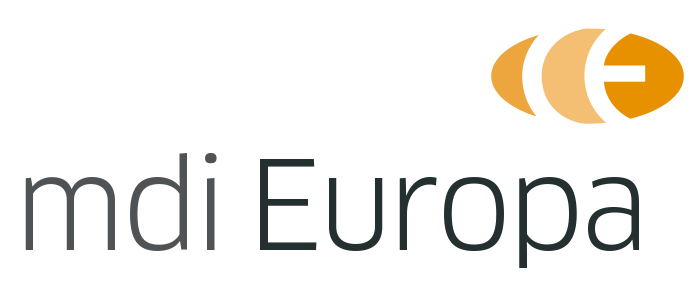The Artificial Intelligence (AI) Act could lead to concerns about delays and product removals due to high demands, similar to the warnings issued for legacy medical devices before the extensions were agreed.
The cost of medical innovation in the EU, which already includes the implementation of Regulation (EU) 2017/745 on medical devices (MDR), is expected to increase even further due to the complex and intricate regulatory environment that is being created by the implementation of the AI Act.
This is a concern highlighted in a COCIR position paper on the Act, which was already published earlier this year. COCIR is the European trade association representing the medical imaging, radiotherapy, health ICT, and electromedical industries. The European Council has signed off the Act late May, so its entry into force is expected shortly.
The paper warns that new measures from the AI Act may lead to extended certification procedures, increased development costs, prioritisation of other markets, and diversion of resources from R&D in medical technology in the EU.
To ensure safety, performance, and effectiveness of AI-enabled medical devices, COCIR appeals for better alignment mechanisms between the AI Board and the European Commission’s Medical Device Coordination Group (MDCG). The AI Board is being established to enable a seamless, efficient, and unified implementation of the AI Act. It will provide recommendations and opinions to the Commission concerning high-risk AI systems and other relevant aspects to ensure effective and consistent enforcement of the new regulations. Additionally, it will assist in standardisation efforts in this field.
Source: Medtech Insight (an Informa product)





